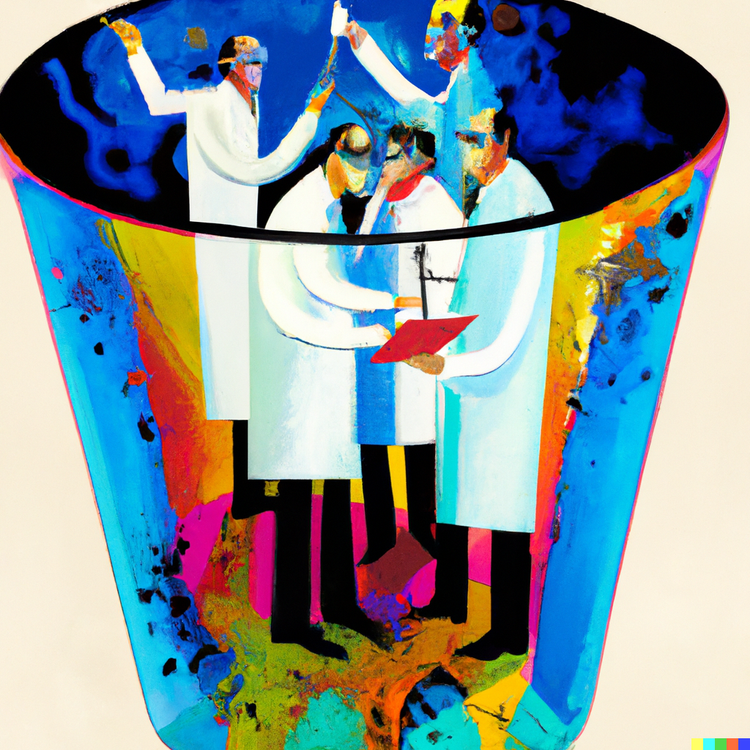Metascience
Categories

How can our scientific institutions most effectively encourage progress on society’s most important challenges? The field of metascience aims to develop rigorous, quantitative evidence on this question. If you have ideas of how to do that, we’d like to hear from you.
Science Leads: Paul Niehaus, Caleb Watney, Heidi Williams
Challenge Aims
New scientific discoveries are the basis of long-term economic growth and social progress. While both private philanthropies and public institutions are deeply invested in supporting scientific research, there is a growing sense that we can and must do better. For example, there is evidence it is becoming increasingly difficult for talented young scientists to obtain support for their research, as seen for example in the aging profile of NIH grantees.
One idea now gaining momentum is to build on and amplify the strength of our existing institutions by cultivating a field of metascience -- that is, using the methods of science to improve how we do scientific research. For example, a common question facing many grant-writing institutions is deciding which process to use to select which people or projects to fund. A scientist studying this question could collect information about the outcomes or impacts of various grants and then conduct systematic experimentation—asking, for example, whether peer review protocols lead to more or less socially valuable science relative to, say, an approach in which individual program managers have discretion to themselves select projects.
Two of us (Niehaus and Williams) have been building the Science for Progress Initiative at J-PAL, which is aimed at encouraging more randomized evaluations in this area by J-PAL eligible researchers. However, our sense is that many of the best ideas in this space may be for non-experimental research, or may come from non-J-PAL eligible researchers (including scientists themselves!). The goal of this small grant program is to provide a flexible source of support to a broader set of ideas from a broader set of researchers investigating how we can most effectively fund and support science.
We're open to a broad set of proposals to improve science -- for example, experimental designs, surveys, qualitative interviews with scientists, pilot programs for new mechanisms, scientific talent development strategies, and other research outputs that may be relevant for scientific research funders.
We have $50,000 that we're going to contribute to projects here on Experiment. We will back eligible projects up to $10,000 (and you are welcome to try to raise more using the crowdfunding aspect of Experiment, too). The funds will be distributed on a first-come, first-serve basis, so the sooner you fill out a project application the better (use the "start a project" link below).
